Normal Matching worksheets activities for Ages 5-8
42 filtered results
-
From - To
Welcome to our "Normal Matching Worksheets" page for children aged 5-8! These engaging activities are designed to enhance your child's logical thinking and cognitive skills through fun and interactive matching exercises. Our worksheets feature colorful visuals and relatable themes to capture your child's interest while promoting learning. By connecting images, words, and concepts, children will boost their memory, attention, and critical thinking abilities. Perfect for classroom use or home learning, these worksheets make early education enjoyable and effective. Explore our variety of matching activities today and help your child build essential skills that will last a lifetime!
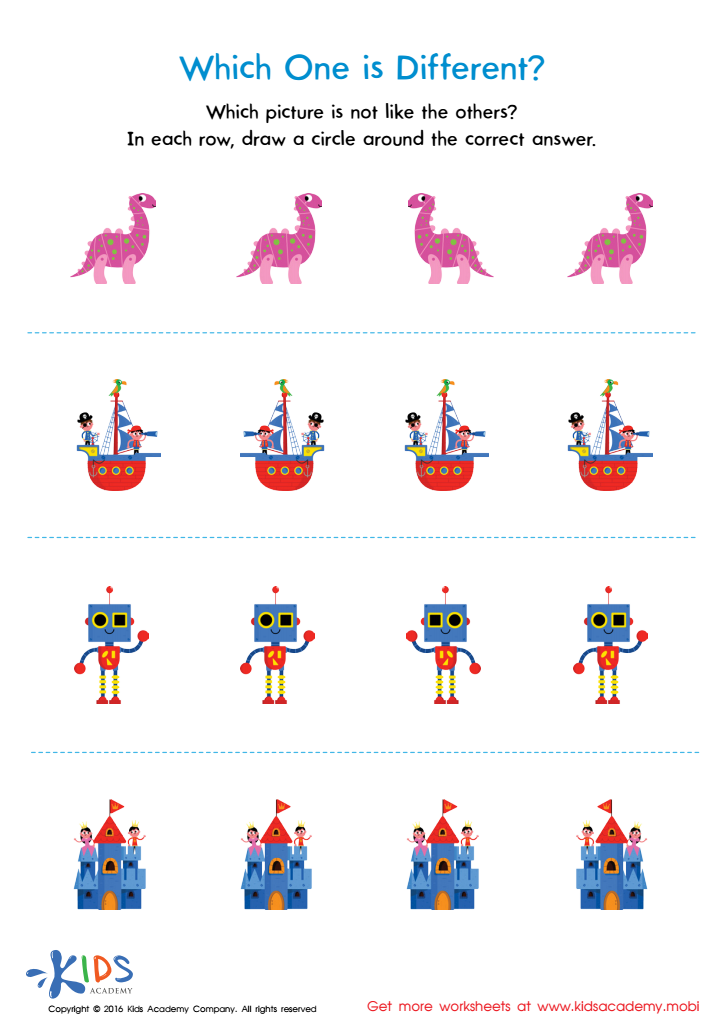

Which One Is Different Worksheet


Find 9 Worksheet
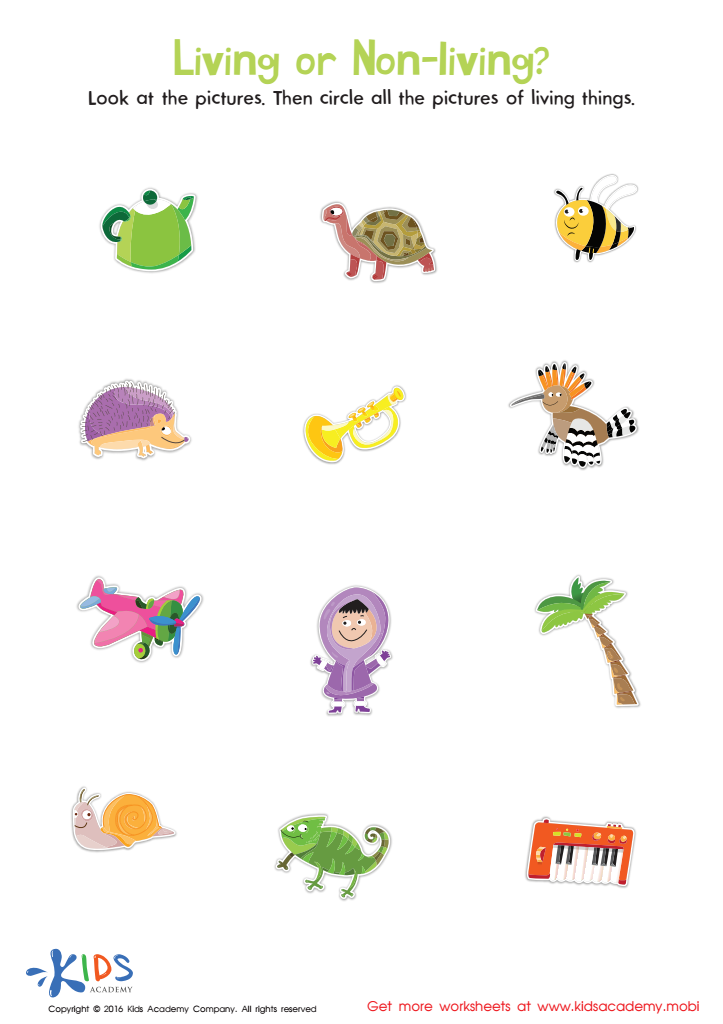

Identifying Living and Non–living Things Sorting Worksheet
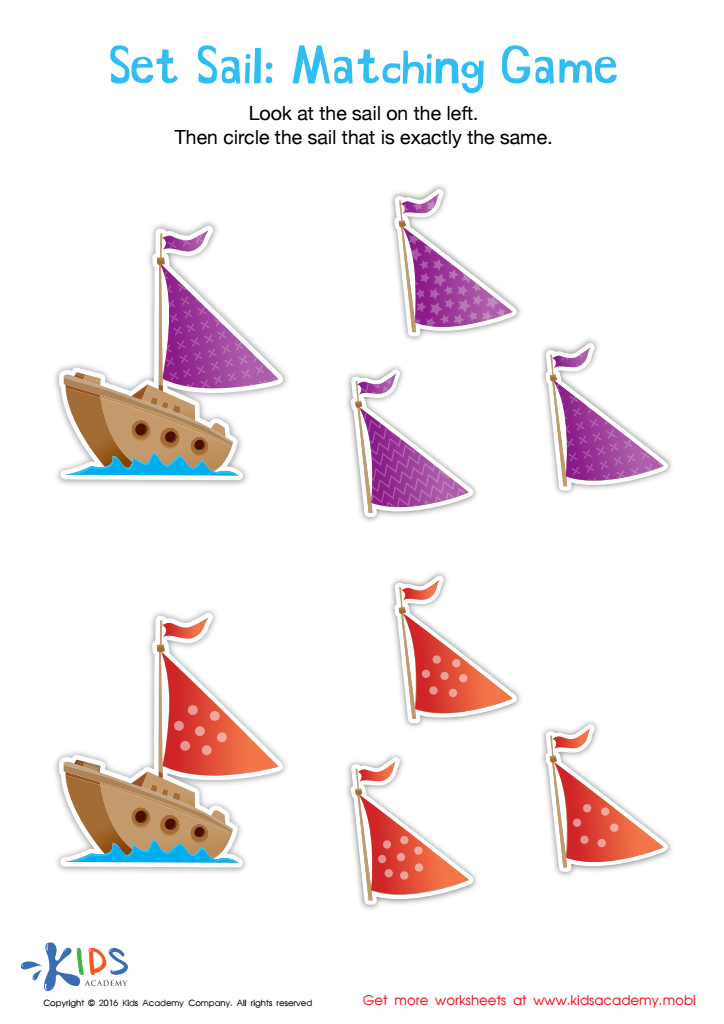

Set Sail Worksheet
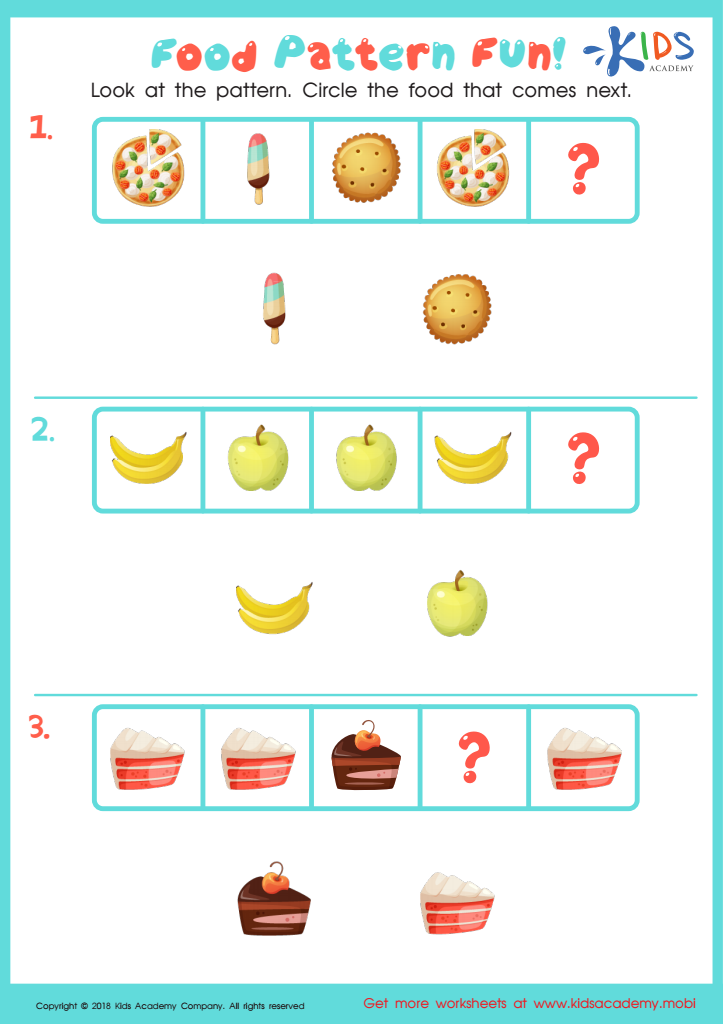

Food Pattern Fun Worksheet
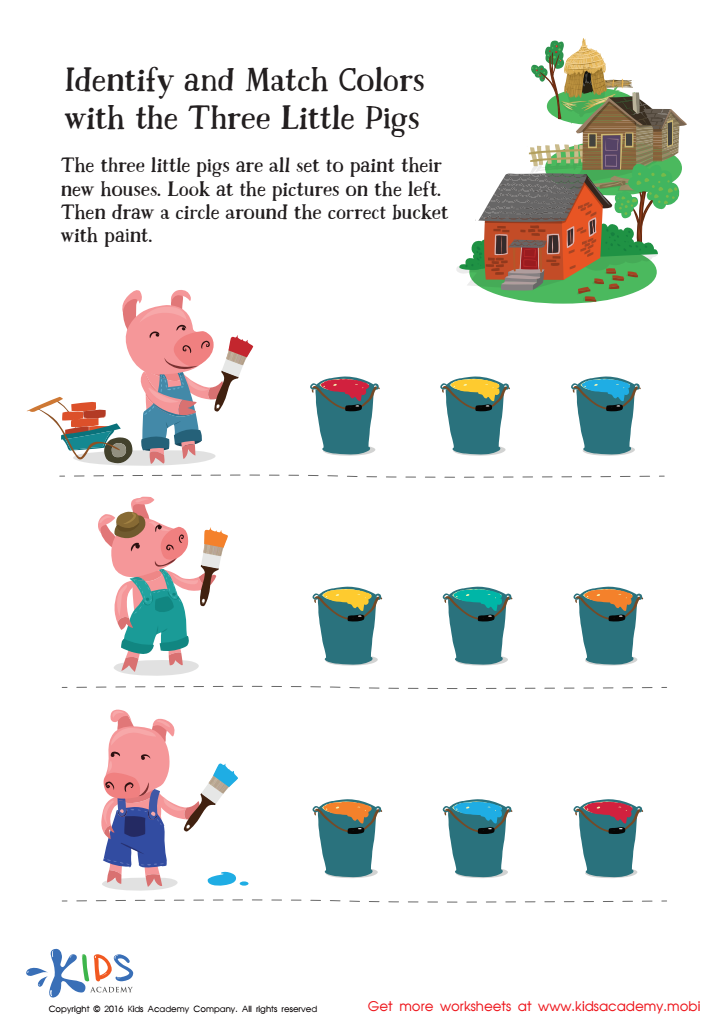

Fairy Tale Worksheet: Identify and Match Colors with Three Little Pigs
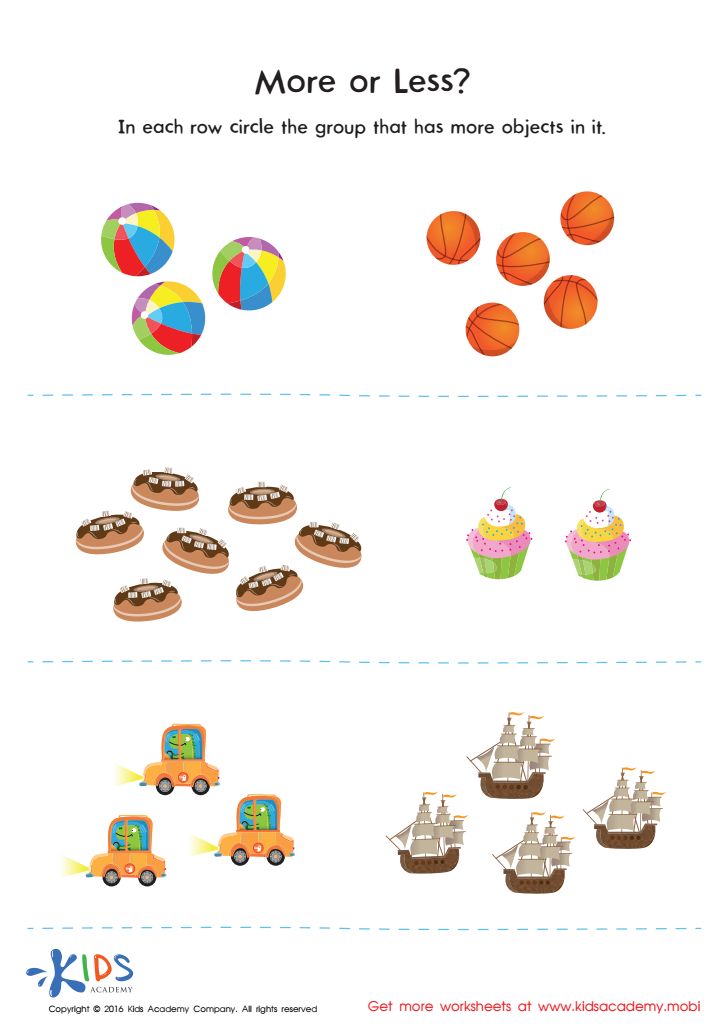

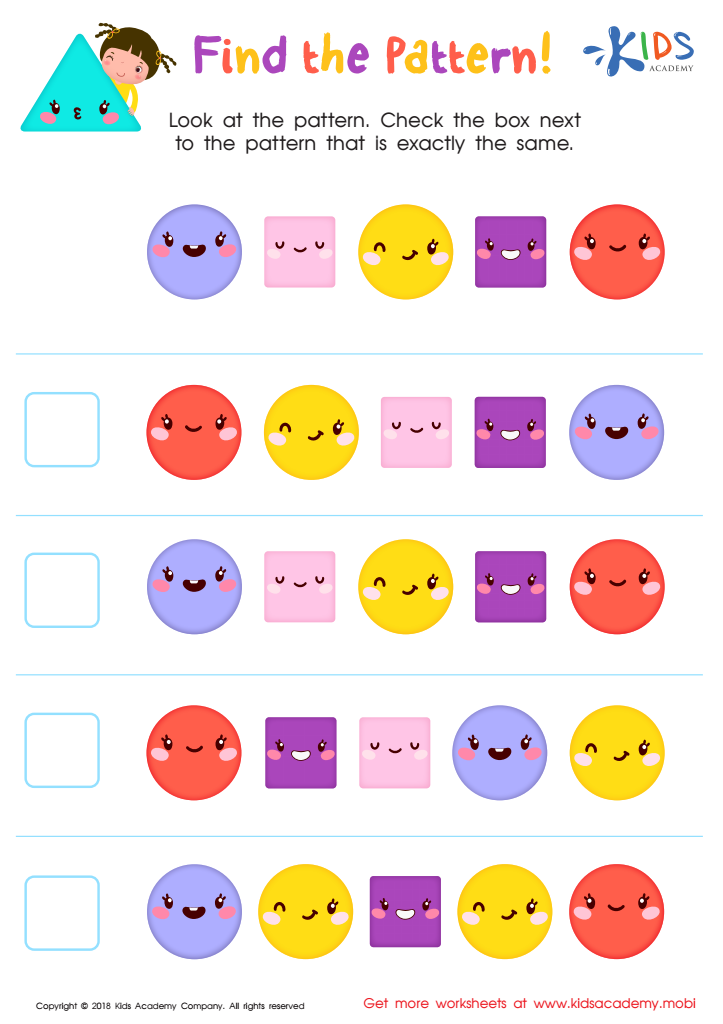

Find the Pattern Worksheet


The 5 Sense Scientist Worksheet
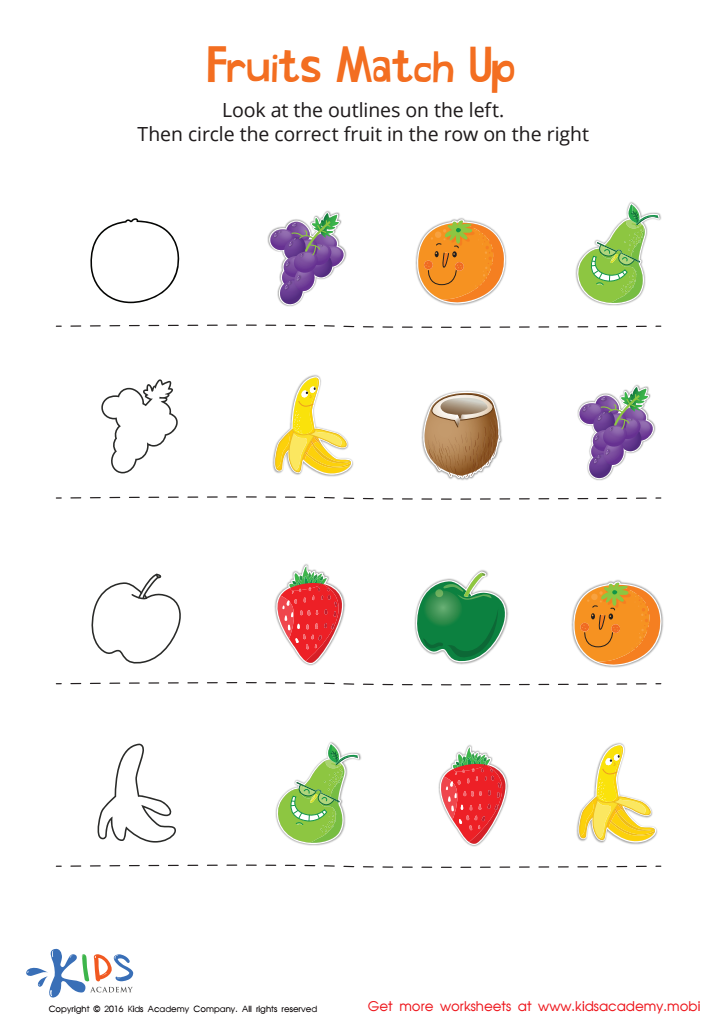

Fruits Match Up Worksheet
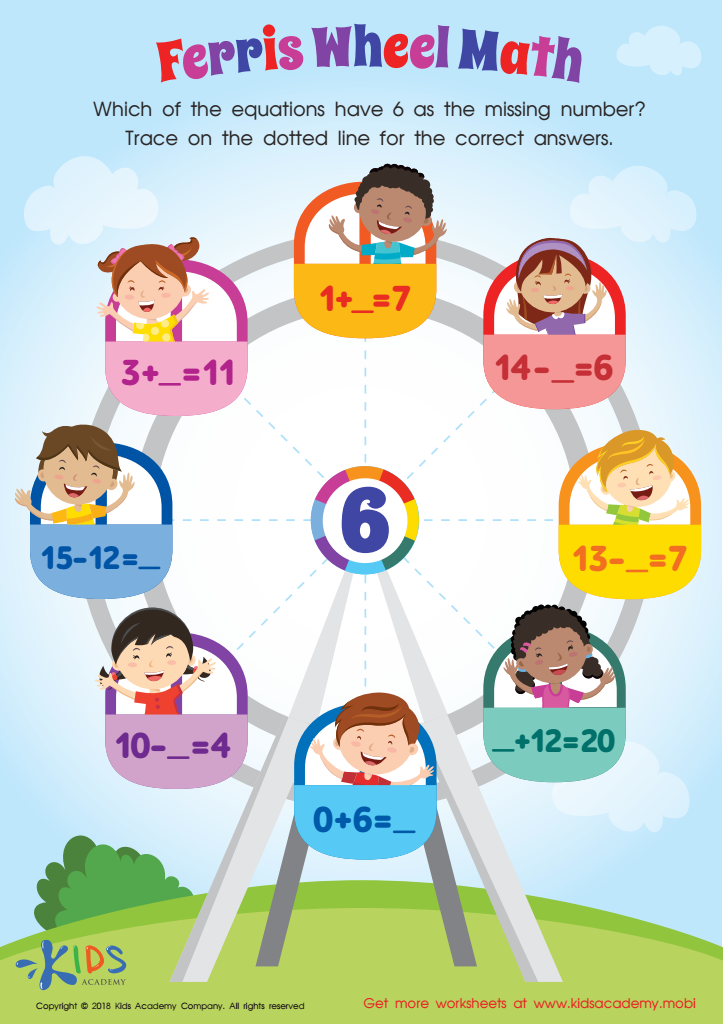

Missing Number: Ferris Wheel Math Worksheet


Matching: Classifying Toys by Size Worksheet
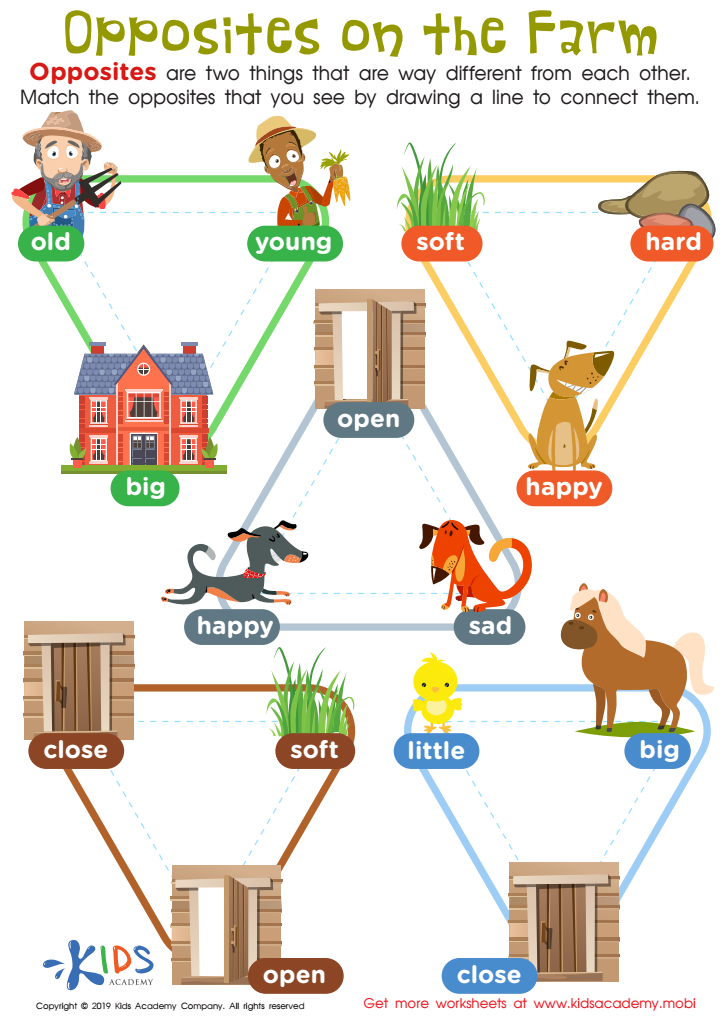

Opposites on the Farm Worksheet


Make the Same Pattern Worksheet
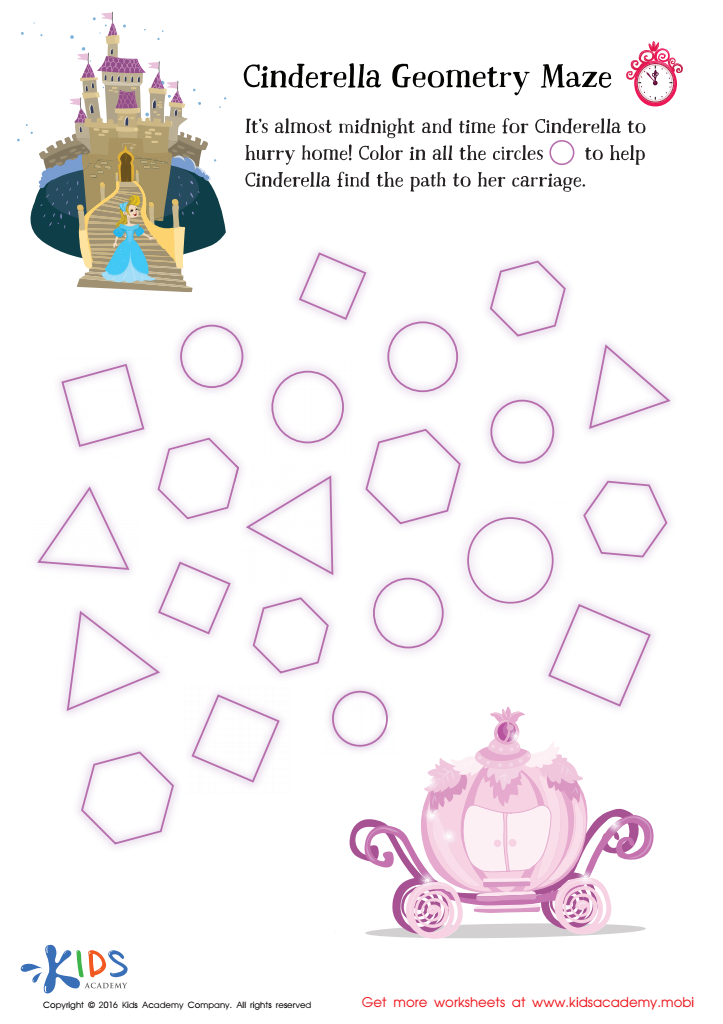

Cinderella Geometry Maze Worksheet
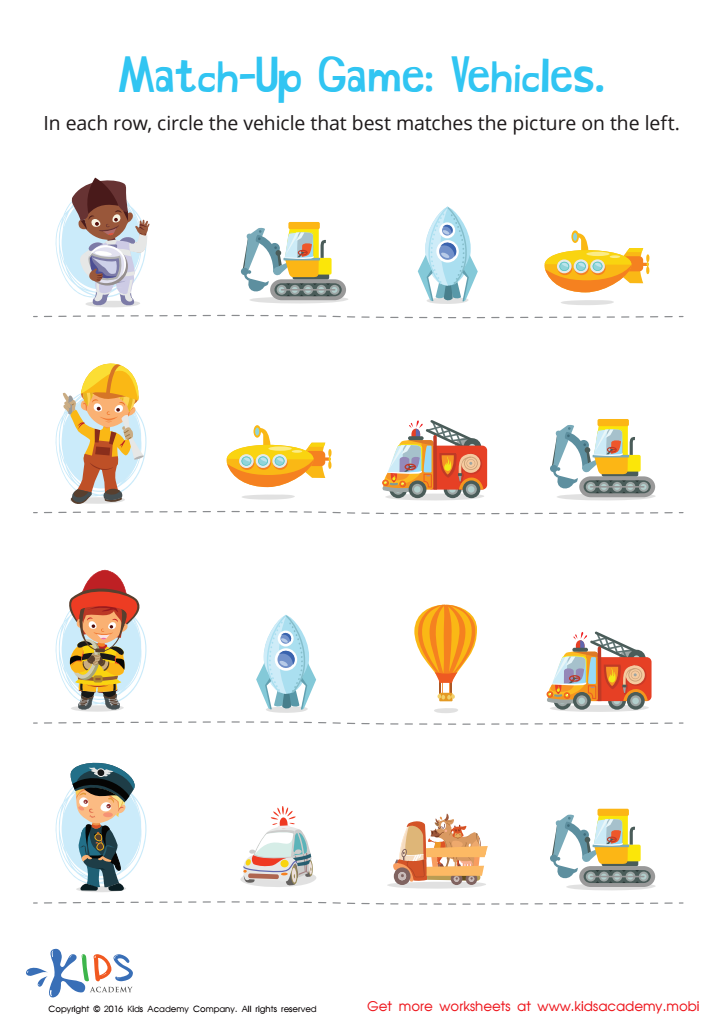

Vehicles Worksheet
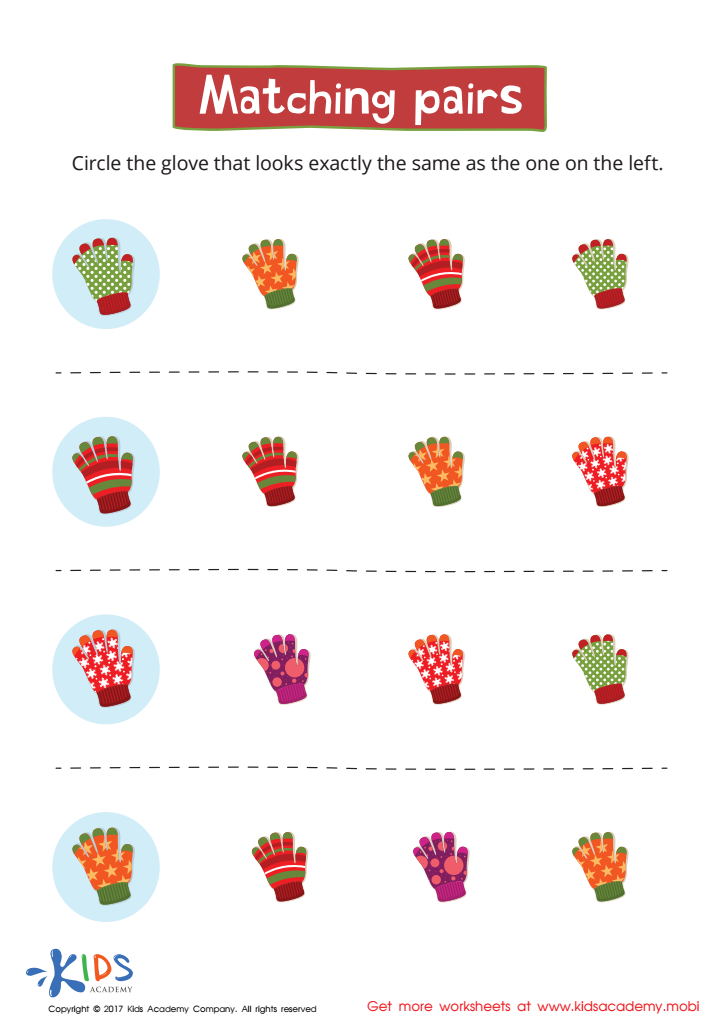

Matching: Matching Pairs Worksheet
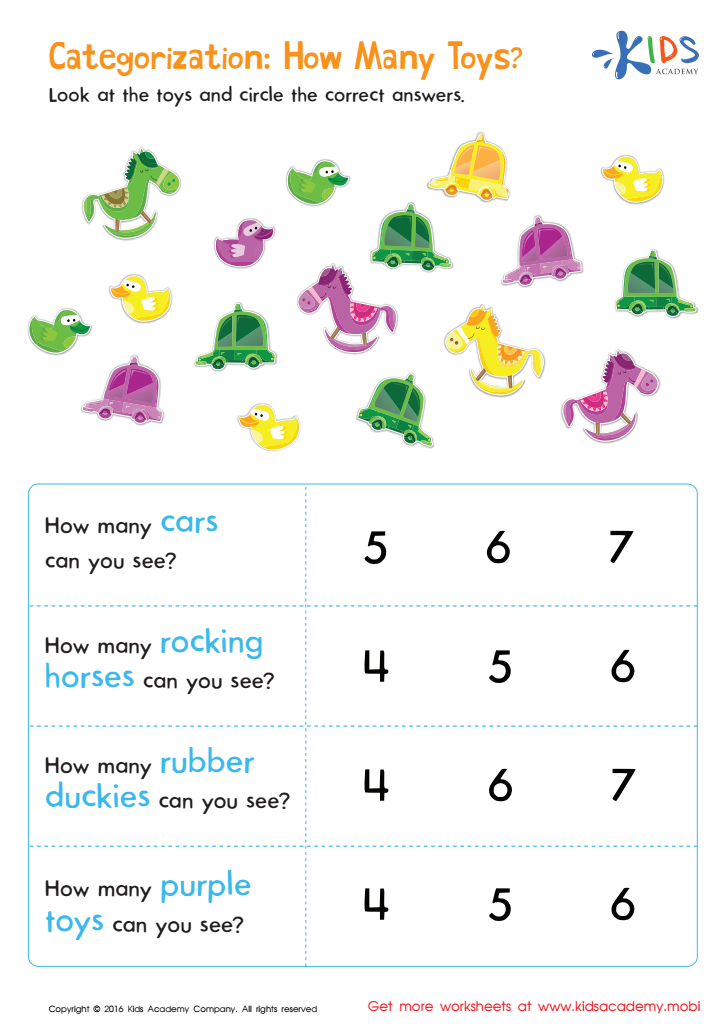

Classifying Toys by Type and Color Sorting Worksheet
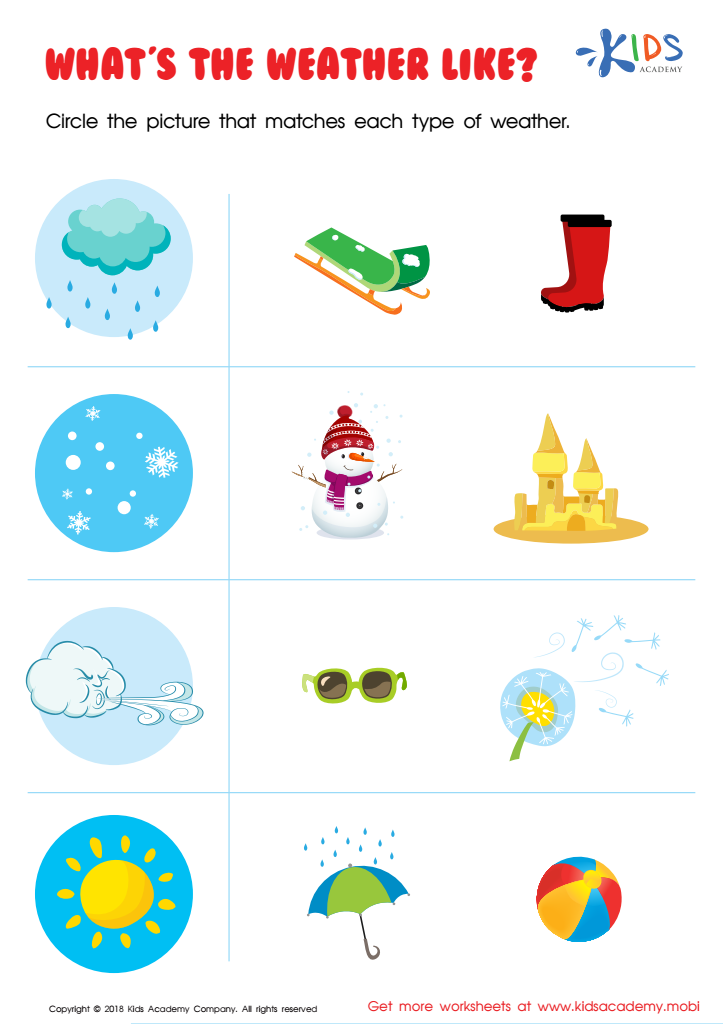

What's the Weather Like? Worksheet
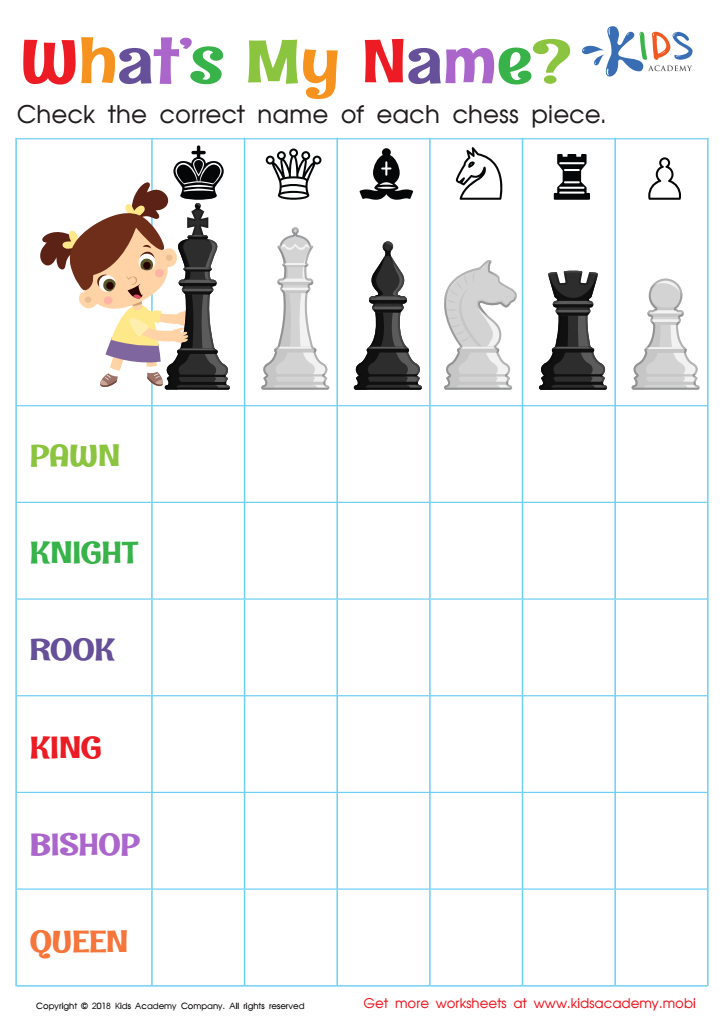

What's My Name? Worksheet


Logic Game Sorting Worksheet
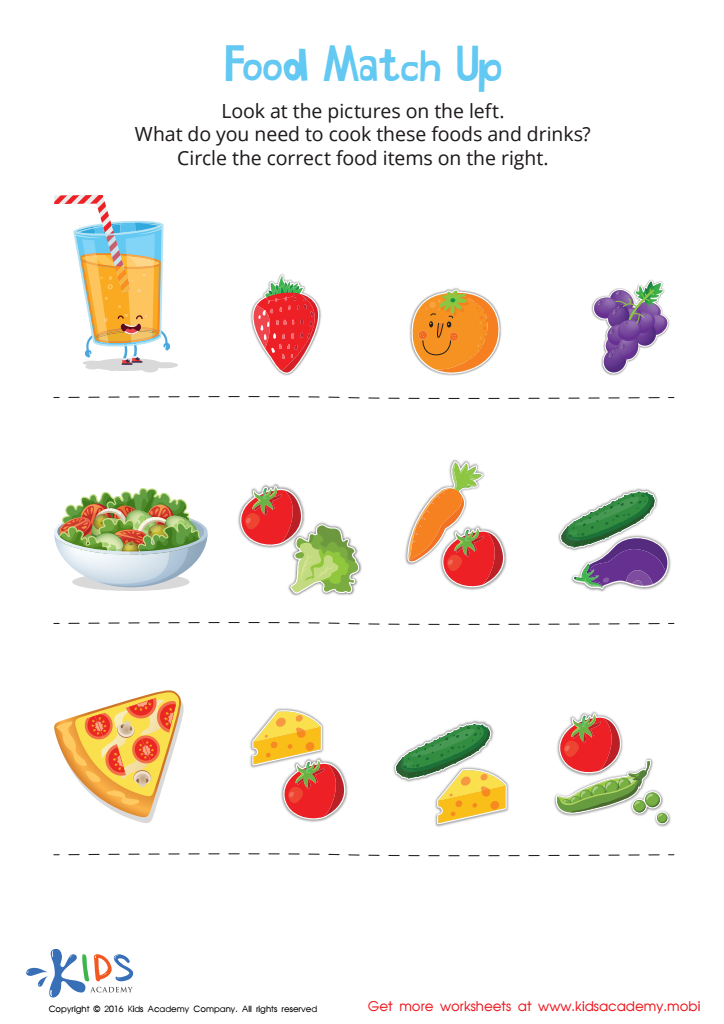

Food Match Up Worksheet
Normal Matching activities for children aged 5-8 are crucial as they foster essential cognitive and developmental skills. During this stage, children are naturally curious and eager to learn, making it an ideal time for engaging in structured activities that promote critical thinking, problem-solving, and visual recognition. Matching activities help enhance memory and concentration skills as children practice identifying similarities and differences among objects, shapes, or images.
These activities also support language development, as children learn to articulate their thoughts, identify attributes, and make connections between words and concepts. Additionally, Normal Matching games promote social skills when children engage in collaborative activities, taking turns and communicating effectively with peers.
Furthermore, these activities are adaptable, making them suitable for various learning styles and abilities, ensuring inclusivity in education. Engaging in Normal Matching activities can lay the foundation for future learning in subjects such as math and science, where pattern recognition and categorization are key skills.
By incorporating Normal Matching activities into early education, parents and teachers provide children with a playful yet educational environment, paving the way for holistic development and fostering a lifelong love for learning. Therefore, they play a vital role in setting the stage for academic success.
 Assign to My Students
Assign to My Students
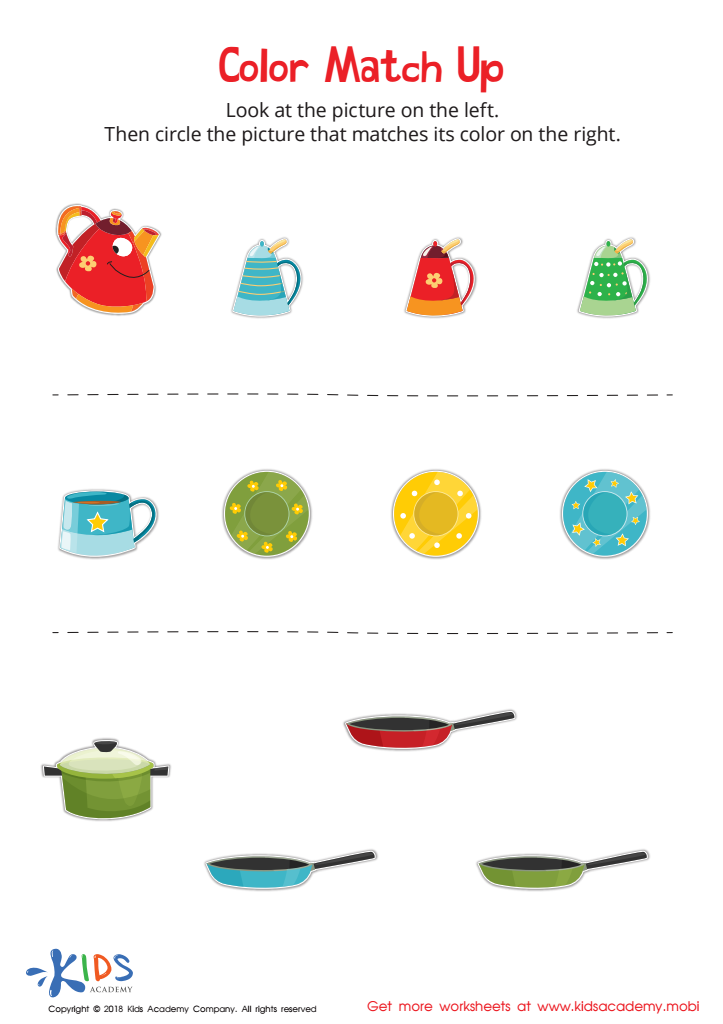




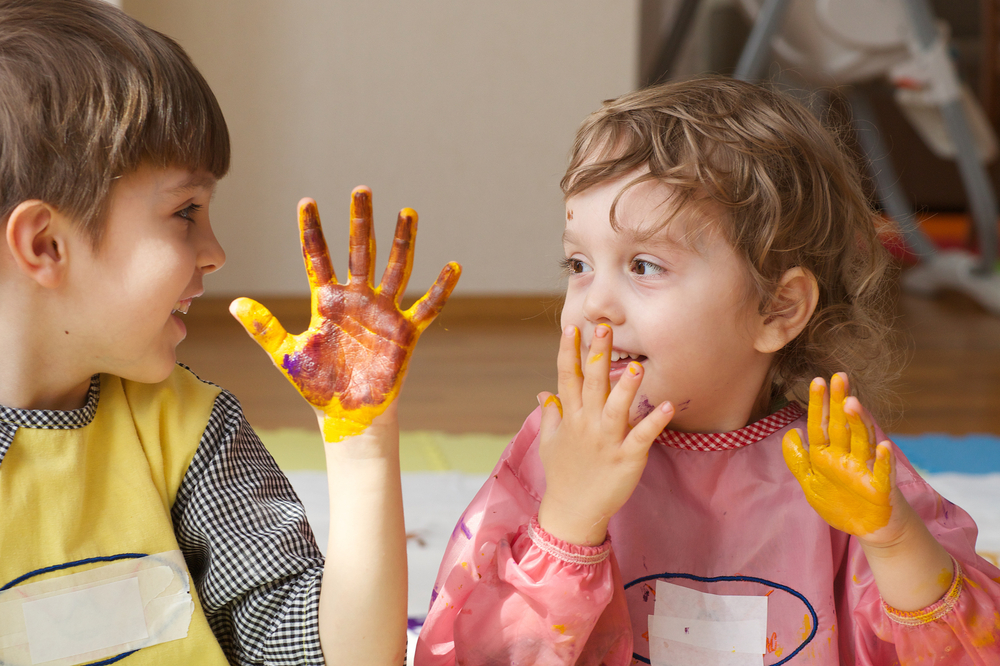
.jpg)











